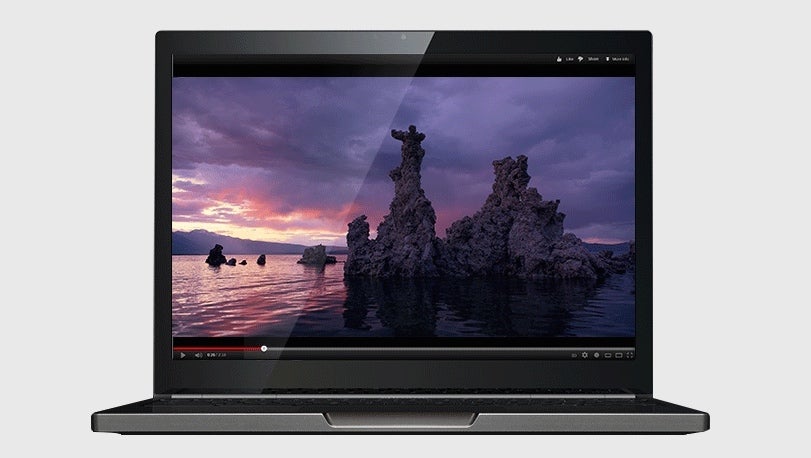Wave goodbye to the Pixel 3 — Google isn’t making any more laptops

Google has revealed there are no plans to launch more own-branded laptops under the Pixel branding.
The Google Chromebook Pixel and its successor the Pixel 2 were noted for high resolution touchscreen displays, offering more power than your average Chrome OS device and the early adoption of USB-C connectivity.
The company has so-far released two Pixel Chromebooks, the original in 2013 and the Pixel 2 in 2015, but that appears to be the end of the road.
Google’s man in charge of devices said Google isn’t giving up on laptops, but it will leave the hardware to Chromebook partners
“
Related: Google Pixel C tablet review
That means there no Pixel 3, which had been rumoured to debut a new operating system that closer aligned Chrome OS and Android.
The future of the so-called Andromeda OS is now in question, especially seeing as Android apps and the Play Store are now available on Chrome OS.
The decision to exit the market is interesting at a time Google puts more and more stock into hardware.
The company has recently launched its own smartphones under the Pixel line, while it continues to expand hardware operations through Google Home, Daydream VR, Chromecast and the Google Wi-Fi router.
Interestingly, the Pixel C tablet remains on sale.
Is Google right to give up on Pixel Chromebooks and let other companies get the message out? Share your thoughts below.


